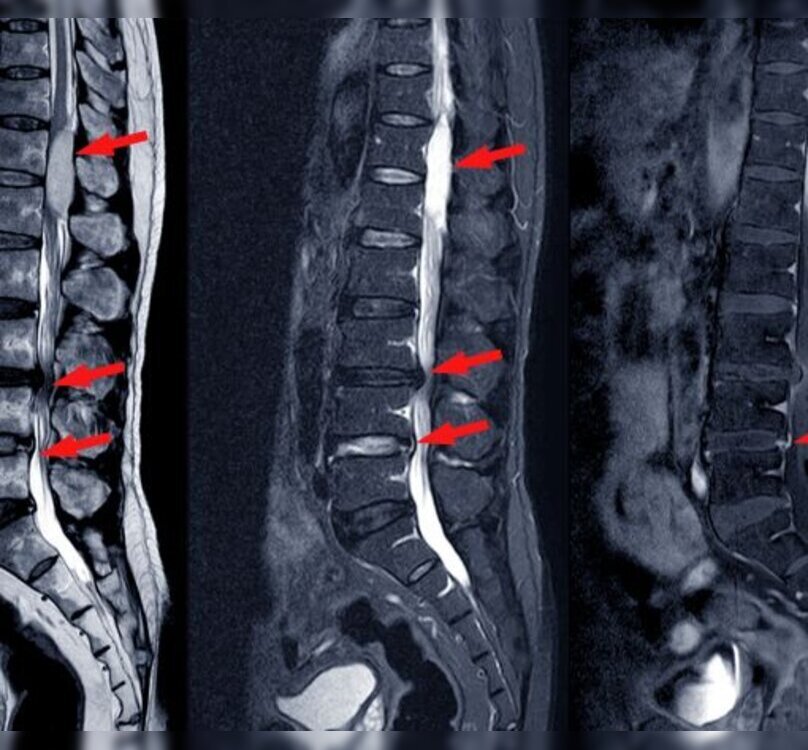Lumbar spine stenosis is a condition where the spinal canal narrows in the lower back, leading to pressure on the spinal cord and nerves. It can cause symptoms such as back pain, numbness, tingling, and weakness in the legs, which may impact daily activities and overall quality of life.
Mumbai, a hub for advanced medical care, offers a wide range of options for lumbar spine stenosis treatment. The treatment varies depending on the severity of the condition and the patient’s overall health. Non-surgical methods such as physical therapy, medications, and epidural steroid injections are commonly used to alleviate pain and improve mobility. These options aim to reduce inflammation and strengthen the muscles supporting the spine.
For more severe cases, surgical interventions like laminectomy or spinal fusion may be recommended. These procedures are performed by experienced spine surgeons in Mumbai’s state-of-the-art hospitals, ensuring precise and effective care. Many facilities in the city are equipped with minimally invasive surgical techniques, which offer faster recovery times and reduced post-operative complications.
Mumbai’s spine specialists are well-versed in the latest advancements in lumbar spine stenosis treatment, providing personalized care to meet individual needs. With access to top-notch diagnostics, rehabilitation services, and expert consultations, patients can expect a comprehensive approach to managing their condition.
If you’re seeking reliable lumbar spine stenosis treatment in Mumbai, consult with a qualified specialist to explore the best options for your recovery.
The treatment for lumbar spine stenosis generally progresses through the following stages, depending on the severity of the condition:
- Lifestyle Modifications
- The initial stage focused on reducing strain on the spine through weight management, posture correction, and ergonomic adjustments in daily activities.
- Medications
- Anti-inflammatory drugs and pain relievers are prescribed to manage discomfort and reduce inflammation in the affected area.
- Physical Therapy
- Customized exercises and stretches to strengthen the muscles around the spine, improve flexibility, and enhance overall mobility.
- Epidural Steroid Injections
- Used to reduce inflammation and provide temporary pain relief by targeting specific areas around the compressed nerves.
- Assistive Devices
- Tools like braces or walking aids may be introduced to support mobility and reduce stress on the spine.
- Minimally Invasive Procedures
- For moderate cases, techniques like decompression therapy or minimally invasive surgery are considered to alleviate nerve compression.
- Surgical Intervention
- Advanced stage involving procedures such as laminectomy or spinal fusion to widen the spinal canal and stabilize the spine.
- Rehabilitation and Recovery
- The post-treatment stage includes physical therapy and regular follow-ups to ensure long-term recovery and prevent recurrence.
Each stage is tailored to the patient’s specific needs and severity of the condition. Consult a spine specialist for a comprehensive treatment plan.
Dr. Anuj Bhide emphasizes a combination of preventive and therapeutic measures for managing lumbar spine stenosis effectively in Mumbai. Key suggestions include:
- Maintain Regular Exercise: Engaging in low-impact exercises such as walking or swimming can strengthen the back muscles and improve flexibility, reducing strain on the spine.
- Proper Ergonomics: Adopting correct postures during daily activities, including sitting, lifting, and standing, helps minimize stress on the lumbar spine.
- Physical Therapy: Guided physical therapy programs tailored to individual needs play a vital role in stabilizing the spine and enhancing overall mobility.
- Medication and Injections: Anti-inflammatory medications and targeted epidural injections may be recommended for managing pain and reducing inflammation.
- Timely Surgical Intervention: For advanced cases where non-surgical approaches fail, minimally invasive surgeries, such as decompression or spinal fusion, can provide significant relief.
Dr. Bhide and the team at Synapse Spine Clinic focus on personalized treatment plans based on the severity of symptoms, offering both non-surgical and surgical solutions to improve patients’ quality of life.
The clinic is located at Synapse Spine and Orthopaedic Center, Andheri, Mumbai.
Directions for Reaching the Clinic:
- From Western Line:
- Board a train to Andheri Station.
- From Andheri, take a rickshaw or taxi to the clinic. It’s a short ride from the station.
- From Central Line:
- Take a train to Dadar and switch to the Western Line towards Andheri.
- Follow the directions above from Andheri Station.
- From Outside Mumbai:
- Reach Mumbai via train (Andheri, Bandra Terminus, or Mumbai Central) or flight (Chhatrapati Shivaji Maharaj International Airport).
- Use local transport or app-based taxis to the clinic.
Google Maps Link for precise navigation.


